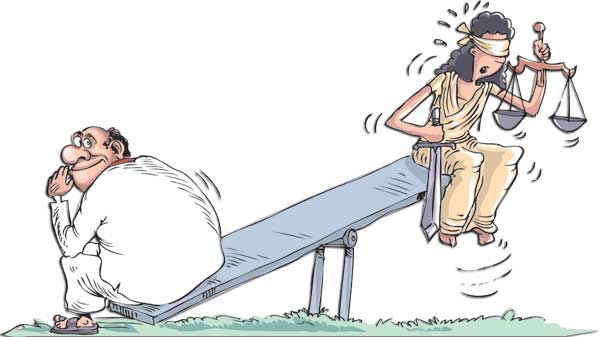The ICJ today called upon the Government to respect an Interim Order of the Supreme Court to ensure that funds are available to hold local elections and for the Speaker of Parliament to withdraw his referral of Supreme Court Judges for inquiry of a potential breach of parliamentary privileges.
The ICJ considers that these actions by the government constitute a serious and unwarranted encroachment on the independence of the judiciary and the judicial function.
“It is fundamental rule of law principle that the judiciary has jurisdiction over all issues of a justiciable nature, including questions regarding its own jurisdiction and competence”, said Ian Seiderman, ICJ Legal and Policy Director. “It is not for any political actor to determine whether the Supreme Court has acted within its authority.”
The ICJ is particularly concerned that on March 10, State Minister of Finance Shehan Semasinghe told Parliament that “it is a serious offence to implement the interim order before hearing the privilege issue by the Parliamentary Committee on Ethics and Privileges.” The Minister then requested the Deputy Speaker to advise all relevant authorities not to act on matters relating to the polls until the said Parliamentary Committee concludes its inquiry on the matter.
The ICJ stressed that the Interim Order issued by the Supreme Court instructing the Finance Ministry Secretary and the Attorney – General not to withhold funds for local government elections, must be carried out.
“Refusal to respect an interim order made by the Supreme Court and referring it for an inquiry by Parliament breaches the separation of powers and sets a dangerous precedent in a country where the independence of the judiciary is already fragile,” said Ian Seiderman.
The ICJ recalled that the UN Basic Principles on the Independence of the Judiciary state that “it is the duty of all governmental and other institutions to respect and observe the independence of the judiciary” and “there shall not be any inappropriate or unwarranted interference with the judicial process, nor shall judicial decisions by the courts be subject to revision.”
13.03.23
